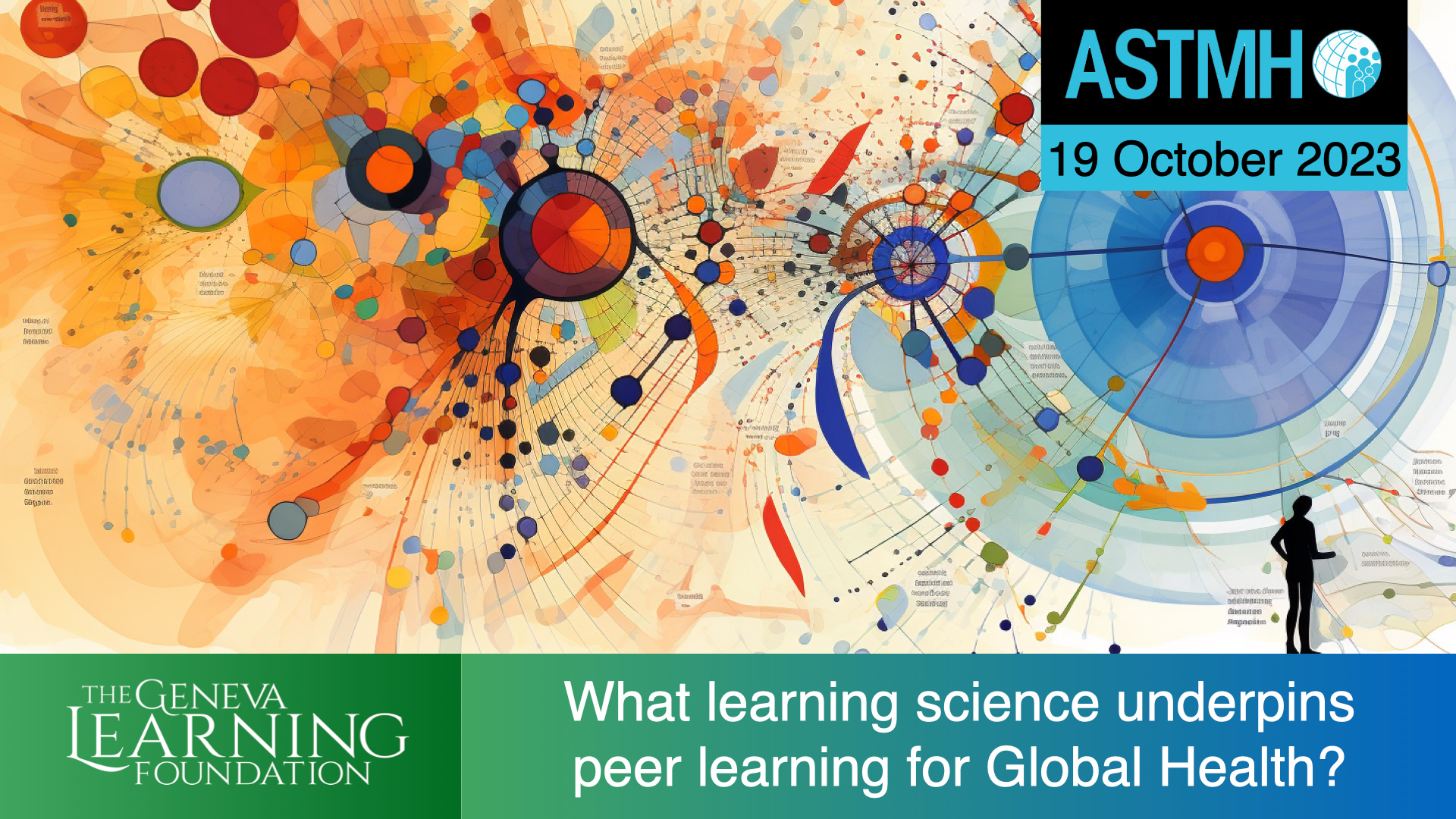
The ability to analyze and respond to learner behavior as it happens is crucial for educators. In complex learning that takes place in digital spaces, task separation between the design of instruction and its delivery does not make sense.

The ability to analyze and respond to learner behavior as it happens is crucial for educators. In complex learning that takes place in digital spaces, task separation between the design of instruction and its delivery does not make sense.

In her article “A Shared Lens for Sensemaking in Learning Analytics”, Sasha Poquet argues that the field of learning analytics lacks a shared conceptual language to describe the process of sensemaking around educational data. She reviews prominent theories of sensemaking, delineating tensions between assumptions in dominant paradigms.

Watch Reda Sadki’s presentation at the Annual Meeting of the American Society for Tropical Medicine and Hygiene (ASTMH) Symposium on 19 October 2023 Most significant learning that contributes to improved performance takes place outside of formal training. It occurs through informal and incidental forms of learning between peers.

We won. The former school teacher and humanitarian trainer who argued vociferously that nothing would ever supplant face-to-face training is now running a MOOC. The training manager who refused to consider e-learning is now running a distance learning, scenario-based simulation.

What happens when a fledgling, start-up foundation convenes learning leaders from all over the world to explore digital learning? Over 800 participants from 103 countries have joined the Geneva Learning Foundation’s #DigitalScholar course developed in conjunction with the University of Illinois College of Education and Learning Strategies International. The course officially launches on Monday.

It is with some trepidation that I announce the Geneva Learning Foundation’s first open access digital course in partnership with the University of Illinois College of Education and Learning Strategies International.